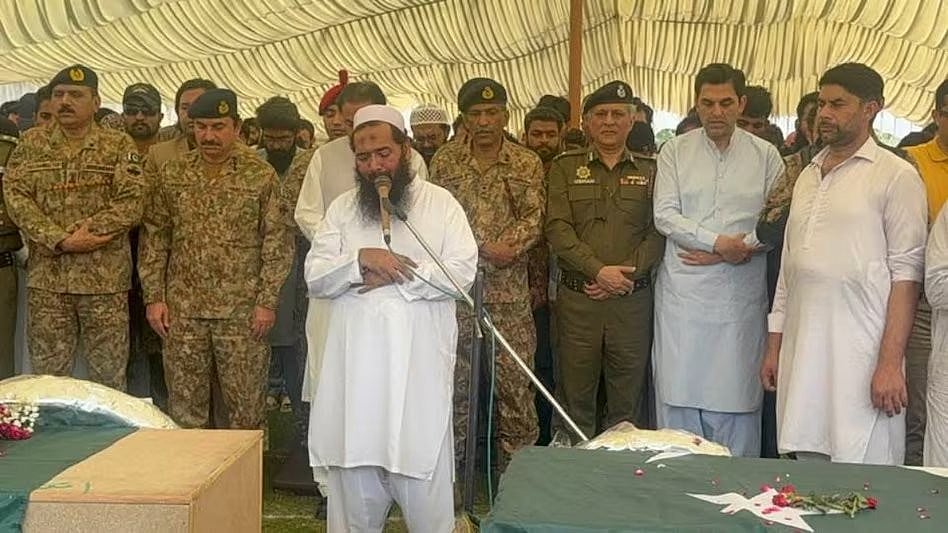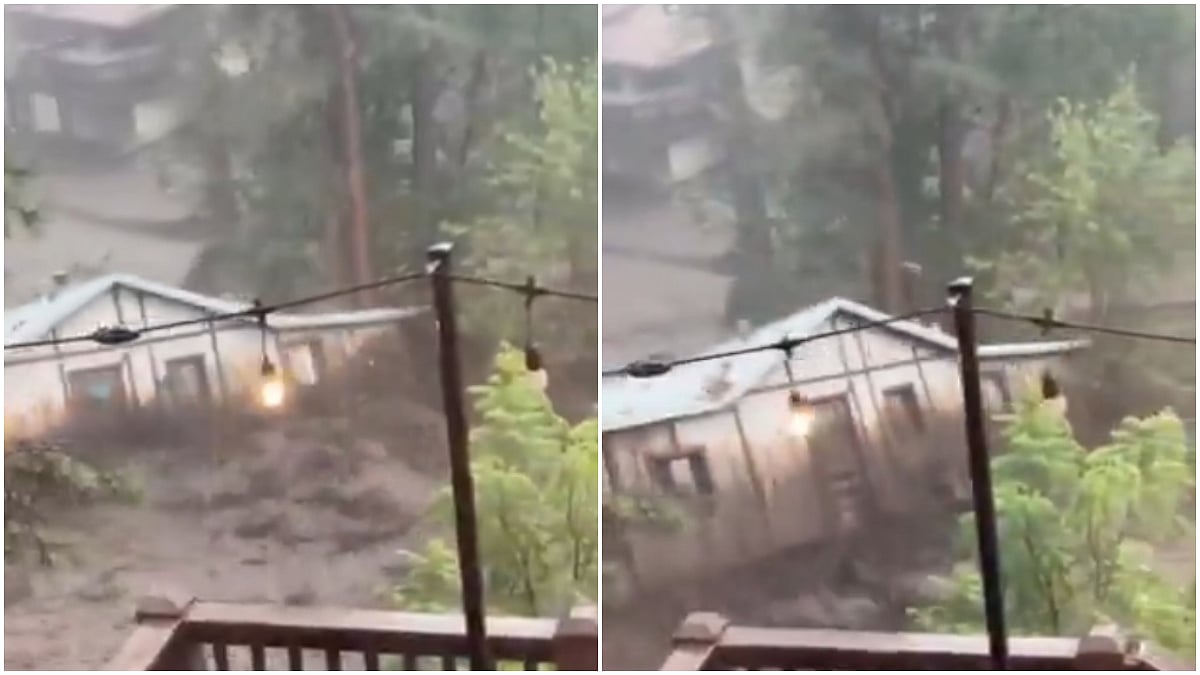While leaders and scholars across the globe preach how democracy and a liberal order restores peace, we have a full-fledged war fought between Armenia and Azerbaijan in the Caucasus region's Nagorno-Karabakh territory. Full-blown skirmishes have attracted the world's attention towards the region with global powers attempting to broker a peace deal between the two countries.
However, peace in the region is not easy due to their complex history of war and imperialism. The Caucasus region that otherwise consists of people that share almost similar culture and local belief systems, these communities and their nation-states are at war with one another as claimants of a territory called Nagorno-Karabakh.
The Nagorno-Karabakh is one of the most complex conflicts that has destabilized the region for a century now.
Here is your guide to understanding the complex issue of Nagorno-Karabakh and Armenia-Azerbaijan conflict:
What is the Caucasus and where is it located?
The Caucasus is a region that is located Southwest of Russia, North of Iran and Northeast of Turkey. The land mass is situated right between the Black and Caspian Sea. The region is shared by three countries - Georgia, Armenia and Azerbaijan - with two disputed territories – South Ossetia and Abkhazia - under Russian occupation. Nagorno-Karabakh is a disputed territory in the region as both Armenia and Azerbaijan lay claim to it.
What is the history of the conflict in the Caucasus?
The Caucasus has always been a contested region since it is located at the erstwhile crossroads of great empires – the Tsarist Russian empire (present day Russia), Safavid empire (present day Iran and Iraq) and the Ottoman empire (present day Turkey, Syria and other West Asian countries).
For most of the time throughout history, the Armenians and Azerbaijanis have been subjects of these empires, often losing their sovereign right to rule themselves.
Frequent battles were fought among these empires that led to the deportation of various ethnic groups for strategic purposes, however, more or less, all communities in the region, be it Shia Muslims and Orthodox Christians co-existed peacefully.
The Russo-Persian War (1804-1813) culminated into a Persian (Iran) defeat and the signing of the Treaty of Gulistan through which many Iranian territories including Karabakh (something that we will deal with later) were absorbed in the Russian empire. The early demographic surveys suggest an extremely intermingled community of Armenian Christians and Azerbaijani Muslims living in the Tsarist Russian territories. After the collapse of the Russian empire under the leadership of Vladimir Lenin who led the Communist Revolution in 1917, the Caucasus territories decided to form a Transcaucasian State, however, due to the rise of nationalistic sentiments, the idea collapsed which resulted in the creation of three separate independent Caucasian States – Georgia, Armenia and Azerbaijan. Since the boundaries and the demographic study was based on the old Russian administrative documents, the three new born entities went to war to claim their land.
What is the geopolitical significance of this conflict?
Armenia and Azerbaijan fought wars for certain territories including Yerevan (present capital of Armenia) and Karabakh. Since Baku (present Capital of Azerbaijan) was an important oil producing region, it attracted the Ottoman and the British empires who fought a proxy for in the region. Armenia and Azerbaijan were a great stage for an imperial power play since it was the era of the First World War. In 1920, The Soviet Union started its campaign in Baku and gradually conquered all of Azerbaijan and then Georgia and Armenia. When Armenia requested the Soviets to settle the territorial dispute in the region. The Soviets declared that Azerbaijan's claim to Karabakh holds weight due to historical, economic and demographic reasons. Here, things become messy; in order to restore power balance in the region, the Soviet Union created an autonomous region within Azerbaijan called the Nagorno-Karabakh. Nagorno-Karabakh was an Armenian majority region in Azerbaijan and Zangezur (adjacent region in the east of Karabakh) was given to Armenia with an Azerbaijani majority. Nakhchivan (adjacent region in the east of Zangezur) which was a part of Azerbaijan was made an exclave with autonomy. This was a brilliant power play on the part of the Soviets, but it shaped and still shapes the territorial conflict in the region. The conflict between Armenia and Azerbaijan, locally is called the Nagorno-Karabakh conflict.
What is the current status of the conflict?
A full blown was stared when the Soviet Union collapsed despite peace efforts throughout the early 90s. The current war is the result of this long and confusing history of geopolitics.
Both the countries have had frequent skirmishes including the 2016 skirmish where over a score of soldiers from both Armenia and Azerbaijan died. On September 27 2020, both countries' forces clashed along the borders. Both Armenia and Azerbaijan have accused each other of the use of force and killing civilians.
In the Western media, this conflict is portrayed as a conflict between a Christian and a Muslim majority country, however, the issue has always been geopolitical.









